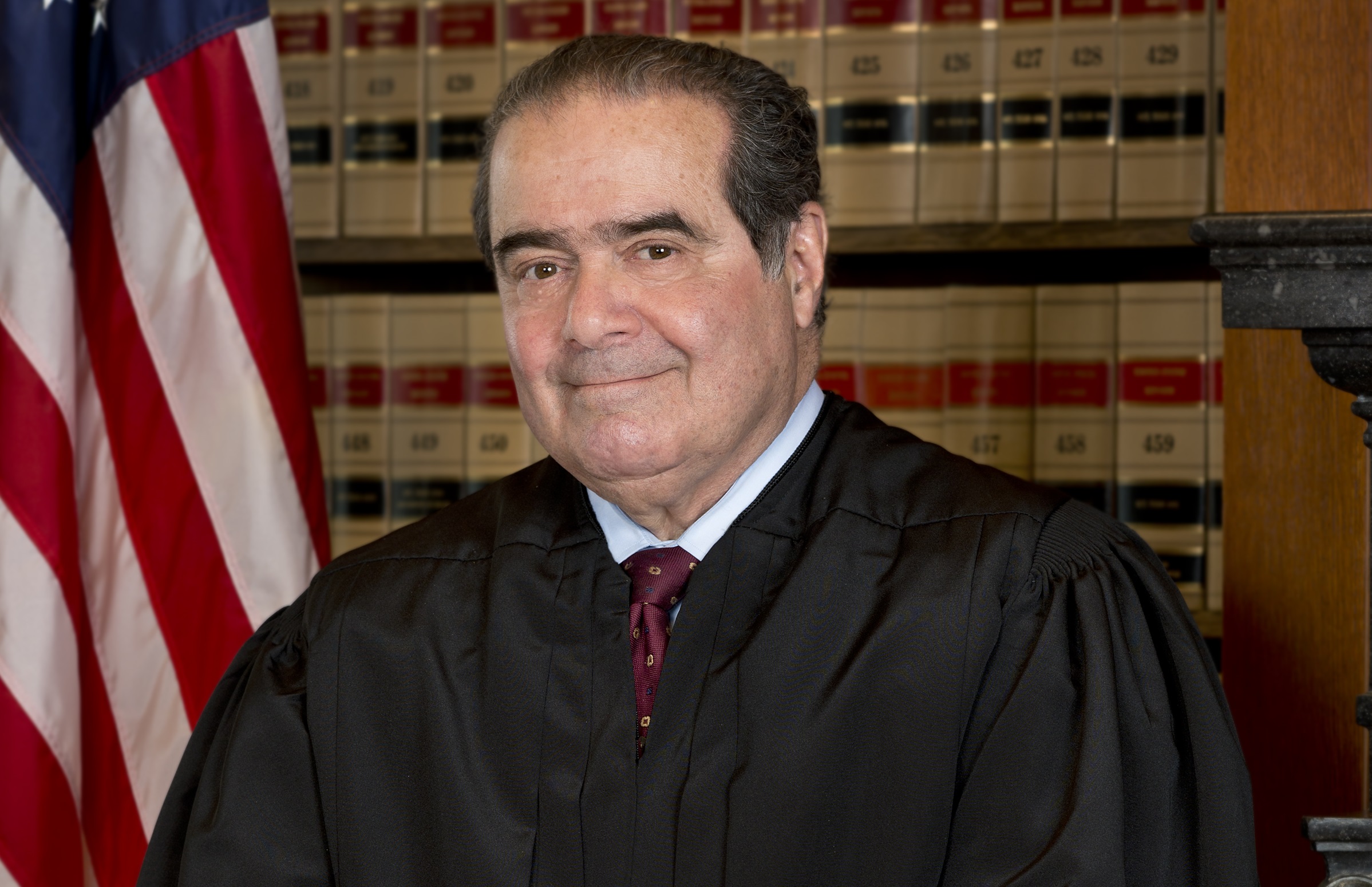 U.S. Supreme Court Justice Antonin Scalia weighed in on the issues of homosexuality and abortion this past week during a book signing at the American Enterprise Institution in Washington, D.C.
U.S. Supreme Court Justice Antonin Scalia weighed in on the issues of homosexuality and abortion this past week during a book signing at the American Enterprise Institution in Washington, D.C.
Scalia, a Reagan appointee and Roman Catholic, told reporters that he believes that as a “textualist” — an individual that adheres to the original meaning of the text — these issues are simple cases for the court.
“Abortion? Absolutely easy. Nobody ever thought the Constitution prevented restrictions on abortion. Homosexual sodomy? Come on. For 200 years, it was criminal in every state,” he said.
However, others note that while Scalia believes that the Constitution allows restrictions on abortion, he does not believe in outlawing the practice altogether.
“I will strike down Roe v. Wade, but I will also strike down a law that is the opposite of Roe v. Wade,” he outlined in a 2002 Pew Forum. “You know, both sides in that debate want the Supreme Court to decide the matter for them. One [side] wants no state to be able to prohibit abortion and the other one wants every state to have to prohibit abortion, and they’re both wrong.”
“And indeed, there are anti-abortion people who think that the Constitution requires a state to prohibit abortion. They say that the equal protection clause requires that you treat a helpless human being that’s still in the womb the way you treat other human beings. I think that’s wrong,” Scalia further explained in a 2008 60 Minutes interview. “I think when the Constitution says that persons are entitled to equal protection of the laws, I think it clearly means walking-around persons.”
Scalia and his fellow justices will also be deciding following the presidential election whether it will hear three cases relating to homosexuality. The first deals with a challenge to California’s Proposition 8, in which voters in the state chose to preserve the definition of marriage as being between a man and a woman. The second deals with an Arizona matter, which excludes domestic partnership benefits for homosexuals, and the third regards a similar matter, but deals with federal benefits for homosexual relationships.
In 2003, Scalia dissented from the majority rule in Lawrence v. Texas, in which the United States Supreme Court, comprised of largely Republican justices, struck down the anti-sodomy law of the state of Texas. “[The anti-sodomy law] undoubtedly imposes constraints on liberty,” he wrote in his dissenting opinion. “So do laws prohibiting prostitution, recreational use of heroin, and, for that matter, working more than 60 hours per week in a bakery. … State laws against bigamy, same-sex marriage, adult incest, prostitution, masturbation, adultery, fornication, bestiality and obscenity [are now] called into question [because of this ruling].”
However, Scalia has also noted that religion has very little to do with his decisions.
“I try mightily to prevent my religious views or my political views or my philosophical views from affecting my interpretation of the laws, which is what my job is about,” he stated. “They can make me leave the bench if I find that I’m enmeshed in an immoral operation, but the only one of my religious views that has anything to do with my job as a judge is the seventh commandment – thou shalt not lie. I try to observe that faithfully, but other than that I don’t think any of my religious views have anything to do with how I do my job as a judge.”
The seventh commandment actually prohibits adultery.
Scalia’s book, Reading Law: The Interpretation of Legal Texts, was released in July of this year and costs around $45 in bookstores.
Become a Christian News Network Supporter...


